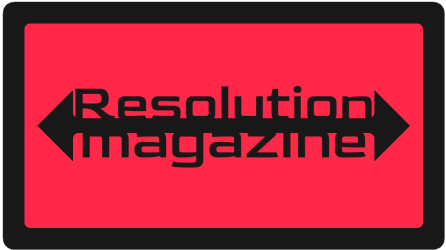For years, mainstream AI chatbots have been marketed as safe, polished, and “family-friendly.” They come with filters, guidelines, and moderation systems designed to prevent offensive, harmful, or “inappropriate” conversations. On the surface, that makes sense. Nobody wants an AI spitting out dangerous misinformation or hate speech.
But something fascinating is happening. A growing number of users are moving away from these “clean” bots and gravitating toward uncensored AI chatbots. Why? Because behind the filters, people feel something important is missing—authenticity, creativity, and freedom. Let’s dig into the psychology of why this shift is taking place.
The Appeal of Freedom of Speech
When you talk to a mainstream AI, you often hit a wall: “Sorry, I can’t discuss that.” That limitation is frustrating. People crave open conversation—even if it’s controversial. Uncensored AI gives users the freedom to explore edgy topics without judgment or roadblocks. It feels more like talking to a real person who doesn’t shut down mid-sentence.
Creativity Without Boundaries
Writers, role-players, and artists often use AI to spark ideas. But mainstream filters can kill creativity. Imagine trying to write a dark fantasy story, only for the AI to refuse because of “sensitive content.” Uncensored bots let imagination run wild. They’re becoming a creative partner for those who don’t want their art restricted by corporate-approved guidelines.
Taboo Conversations Feel More Authentic
Humans are naturally curious. We think about things we don’t always admit in public—sexuality, morality, even uncomfortable “what if” scenarios. Mainstream chatbots avoid these areas, but uncensored AIs don’t. For some, this makes the experience more honest, more raw, and oddly comforting. It’s a digital space where nothing is off the table.
Intimacy and Emotional Connection
Unfiltered AI companions are also rising in popularity because they allow deeper intimacy. Whether it’s romantic roleplay, late-night confessions, or emotional venting, users feel closer to bots that don’t reject or censor them. In other words, they want an AI that accepts everything—flaws, secrets, and all.
Rebellion Against Control
There’s also a cultural element. In an age where people feel increasingly controlled—by governments, platforms, or algorithms—choosing an uncensored AI can feel like a small act of rebellion. It’s not just about chatting freely. It’s about pushing back against digital overreach and reclaiming a sense of autonomy.
The Bottom Line
The rise of uncensored AI isn’t just a tech trend—it’s a reflection of human psychology. People want freedom of expression, creative liberty, and deeper connections. Mainstream bots play it safe, but in doing so, they leave many users unsatisfied.
As technology evolves, the big question remains: will mainstream AIs loosen their restrictions, or will uncensored alternatives continue to carve out their own underground (and rapidly growing) space?
